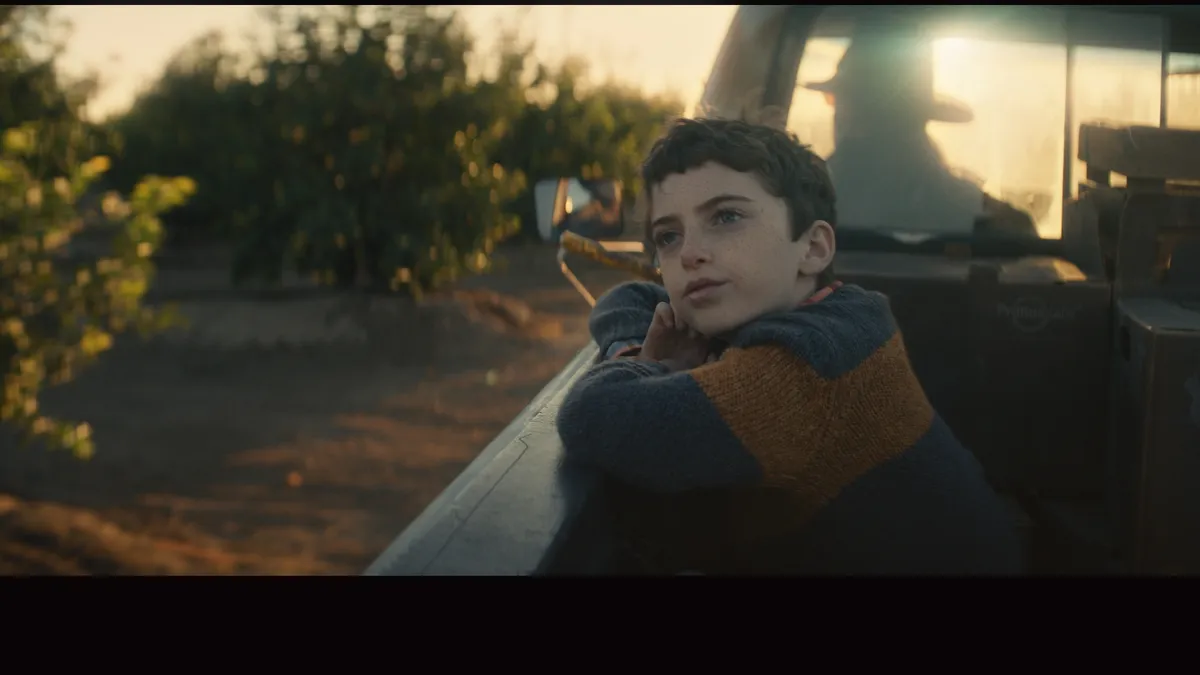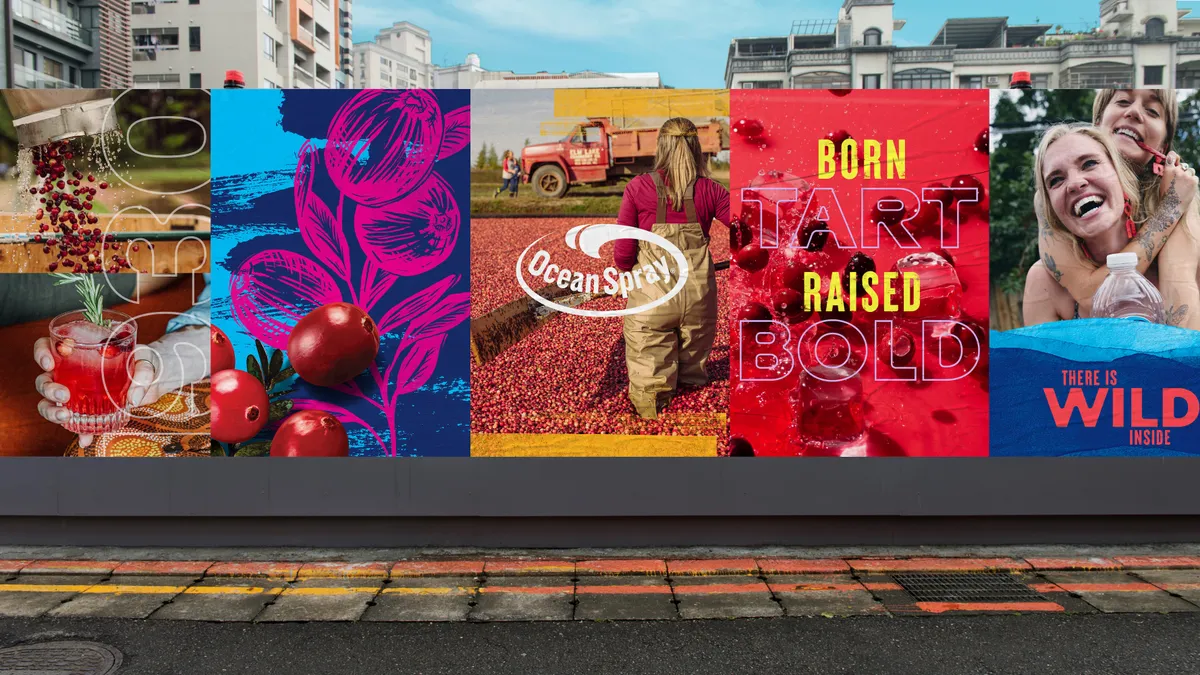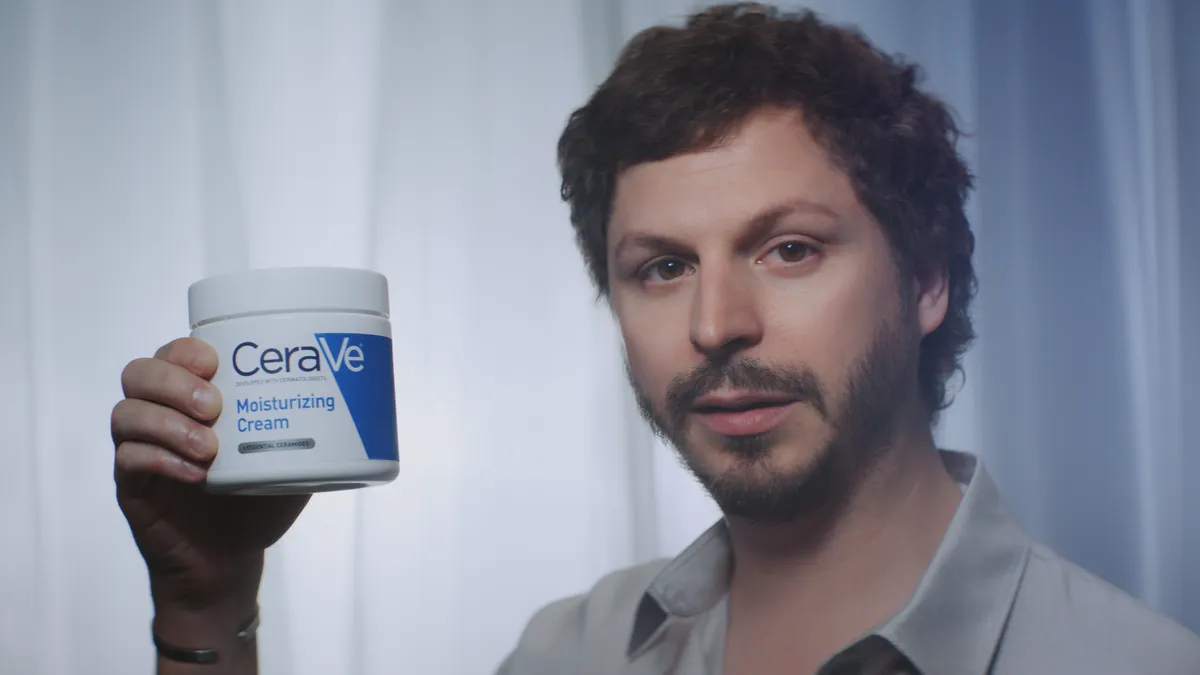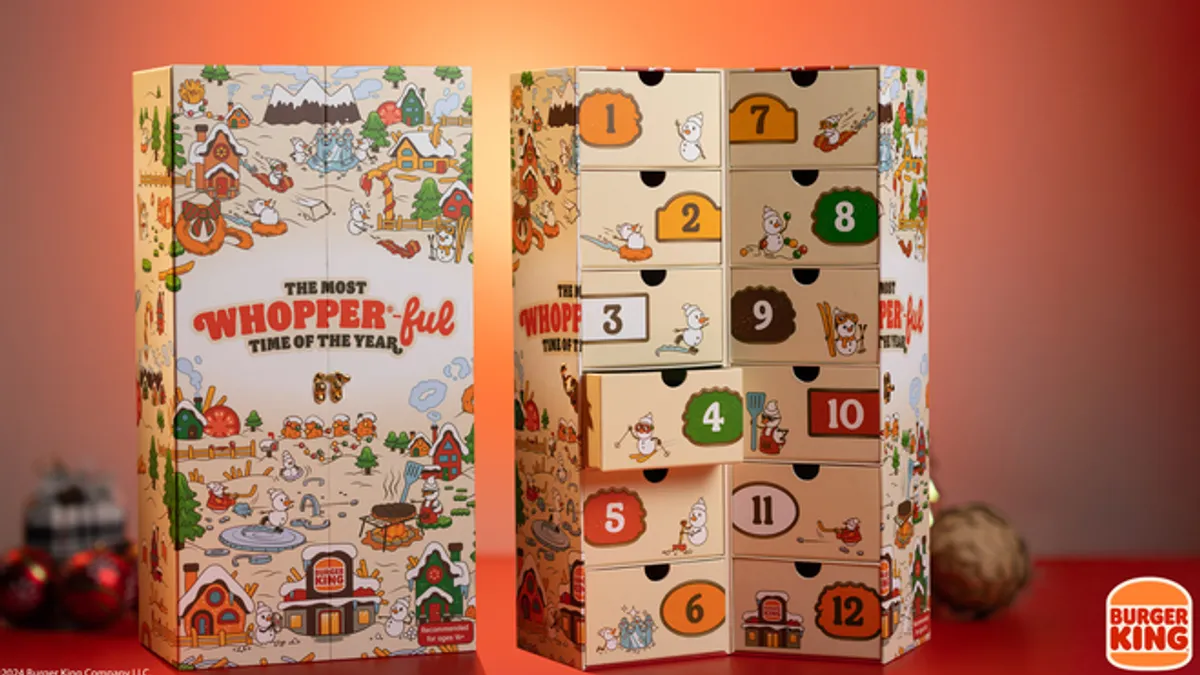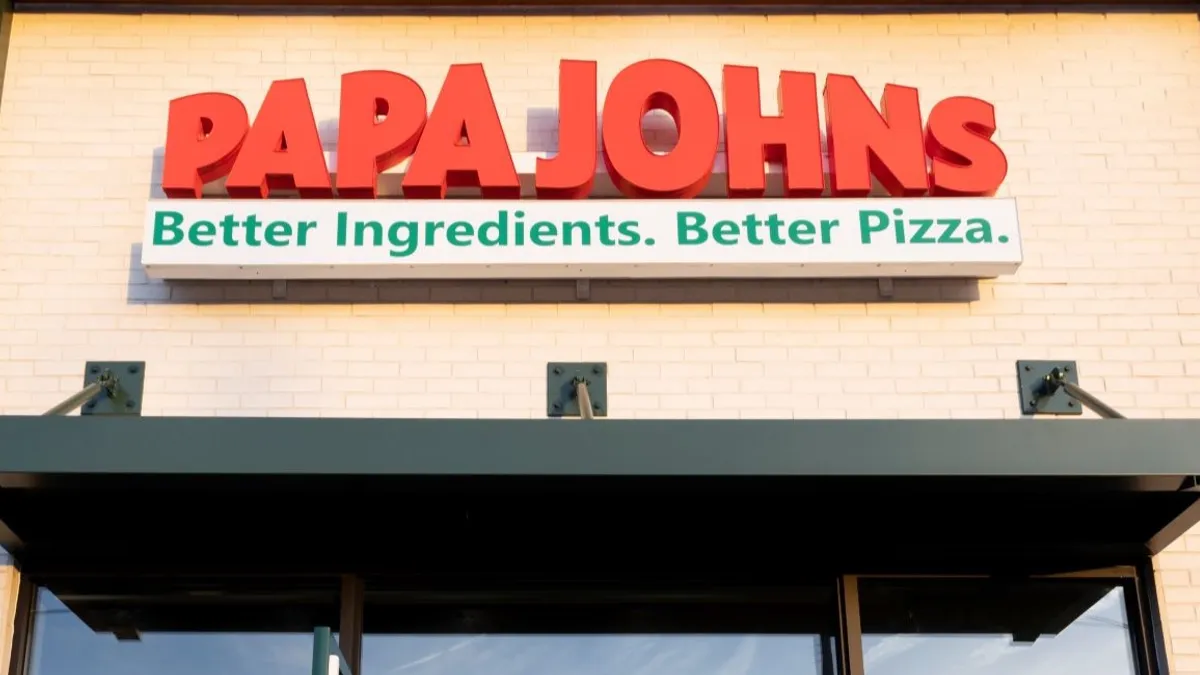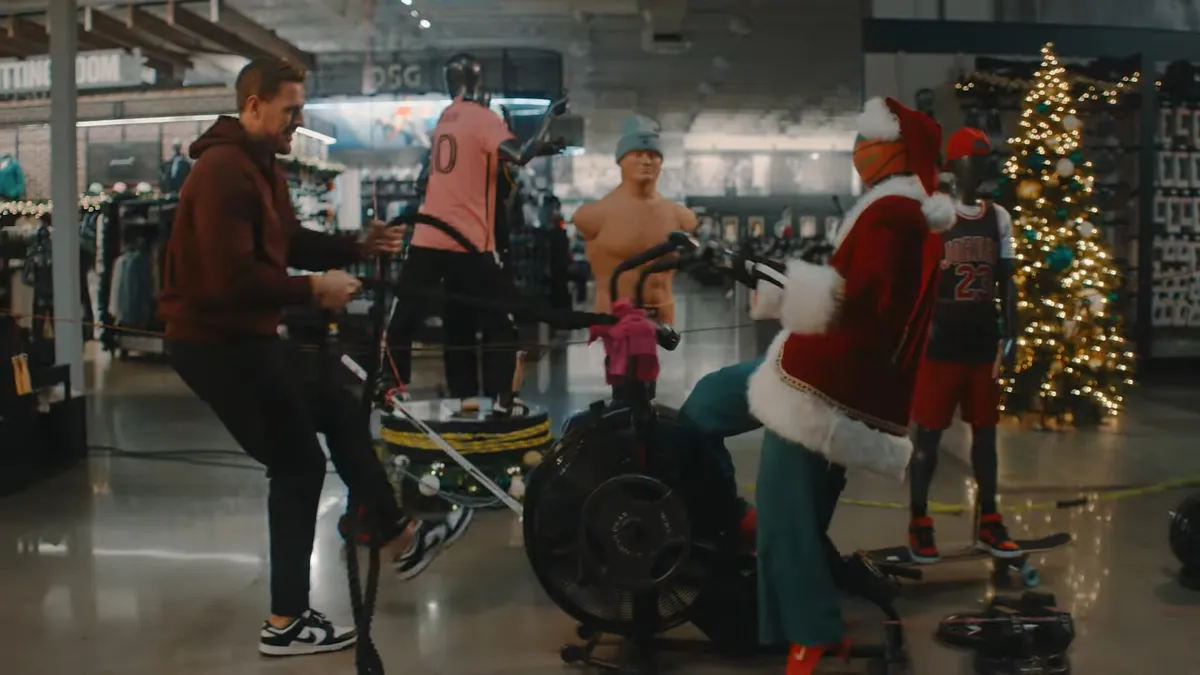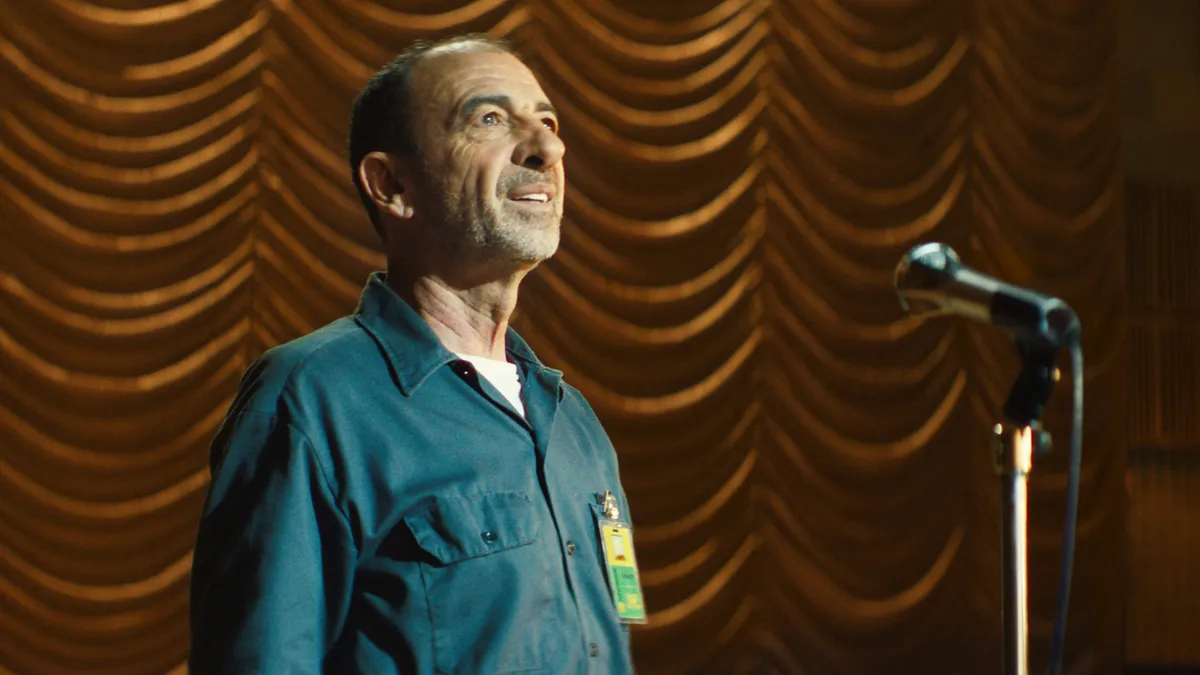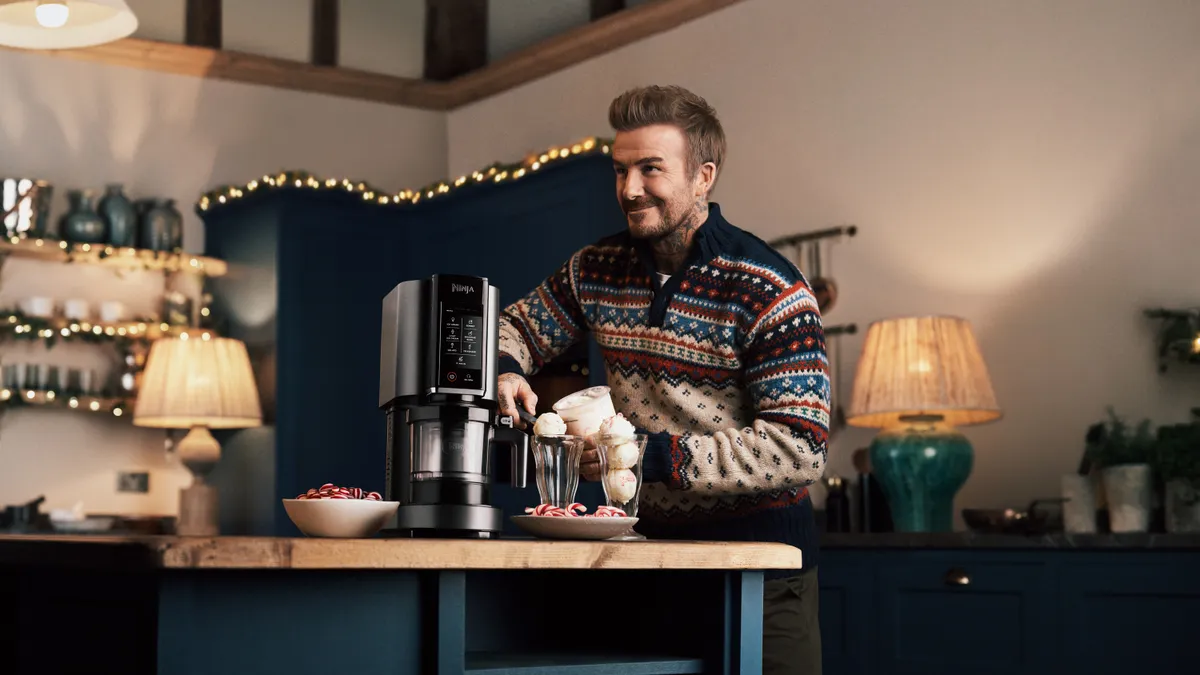Editor's note: This story is part of the Marketing Dive Outlook on 2021, a series on the trends that will shape the industry in 2021. For a look at the business trends affecting other industries, see the Dive Outlook on 2021.
The absence of major advertisers like Budweiser, Coca-Cola and Pepsi at the Super Bowl this year suggests the big game might not be as strong a measure of marketing macro trends as usual. However, the event is shaping up to be an important platform for newcomers — especially digitally focused companies that have benefited from the pandemic — to shore up gains made in 2020 and plot a path forward for another uncertain year.
"There are some legacies being built coming out of [2020] that have huge relevancy for particular brands. Fiverr is one of them," said Christa Carone, president of CSM Sport and Entertainment in North America, referencing the freelance services provider that is running a Super Bowl commercial for the first time.
"If ever there was a year where they could start to weave into a bit of the societal narrative and in a relevant way, it is, for them, this year," Carone said.
Regular faces like Budweiser choosing to sit out the game in 2021 still reinforces how the Super Bowl — an enduring piece of appointment viewing in an otherwise decimated TV landscape — has taken on a muted tone amid the pandemic and broader social unrest. The shakeup to decades-long advertising traditions ahead of Feb. 7 signals that marketers watching the game for broader indicators on what will resonate in 2021 likely won't get the answers they seek.
"We're still faced with so much uncertainty that none of us should be looking at Super Bowl spots as a bellwether for what's to come across marketing," Carone said.
Walking on eggshells
Super Bowl LV is still drawing a flock of advertisers willing to shell out a reported $5.5 million per spot to host network CBS. Tea leaf-readers predict that humor and lighthearted messaging will dominate come Feb. 7, reflecting a desire for escapism from the day-to-day anxieties of life under a pandemic.
"You're going to find brands staying in their lane and trying to meet their marketing objectives by having a more straight-out product call-to-action, and hopefully using some humor to convey their product," Carone said.
But even those tried-and-true tactics can create the effect of walking on eggshells as consumers remain hyper-sensitive to external troubles, which might diminish Super Bowl ads' impact while heightening reputational risks for brands that miss the mark.
"Some brands will take a path around humor. That's certainly long associated with the Super Bowl; however, I do think it takes on a bit of new risk at this particular moment," said Janet Balis, marketing practice leader at EY Americas. "On the one hand, it could provide levity and some form of comfort ... and on the other hand, it could be perceived as obviously not being appropriate to the moment."
Commercials that land in the sweet spot could resonate even more when so many advertisers are expected to play it safe. The pullback from established players carves an opening for newcomers to make an impression, as evidenced by an influx of first-time advertisers including Fiverr, DoorDash and e-commerce site Mercari — all companies bolstered by the pandemic. The Super Bowl could then be a brand-building venue for businesses looking to sustain their COVID-19 sales tailwind.
"Either one or more brands that gets it right, they're going to get it really right," Balis said.
Tight-lipped
Still, a clear front-runner in Super Bowl LV advertising has yet to emerge. One way to estimate how impactful ads will be is to examine pregame chatter.
Last year's championship match was one of the last major marketing stages before COVID-19 locked down society in March, and produced a number of commercials that drew praise and skepticism in equal measure, such as a saga around the death of Planters' mascot Mr. Peanut that included a teaser commercial depicting the icon's demise. The Planters campaign persisted after Super Bowl LIV, with a reincarnated iteration of the character reaching middle age around the holidays as part of the Kraft Heinz label's efforts to promote its e-commerce offerings. It's an example of how the Super Bowl increasingly serves as a launchpad for larger marketing programs.
"We're still faced with so much uncertainty that none of us should be looking at Super Bowl spots as a bellwether for what's to come..."

Christa Carone
President, CSM Sport and Entertainment
There is no equivalent to the Mr. Peanut hullabaloo so far in 2021, and only in recent weeks have brands shared substantial details of their plans for Super Bowl LV at all — a change of pace from the usual months of lead-up to generate hype ahead of the game. Relative lack of discussion around the game's ads this year is understandable in the wake of a presidential inauguration and the Capitol riots in January, and with the expectation that the pall of uncertainty won't dissipate after Feb. 7.
"Part of the reason that we haven't seen a lot of creative at this point leading into the Super Bowl is because we are in a pretty unusual news cycle," Balis said. "Brands might be concerned about releasing their creative and getting lost in a lot of other things that are going on right now."
Some of the newsiest ad developments so far have been around the brands that won't be in attendance, with Budweiser a standout. The beer marketer, known for commercials featuring its signature Clydesdales, has opted not to run a Super Bowl ad for the first time in 37 years, instead directing its media investments to a COVID-19 vaccine awareness program.
On YouTube, a video is still billed as the "Budweiser Super Bowl Commercial."
"Even though they won't be advertising during the game, the buzz created by their decision not to run a commercial is just as effective," Ronn Torossian, chief executive of 5W Public Relations, said in emailed comments. "Furthermore, they are able to tie this decision to a cause that directly relates to their brand identity — a win/win for any brand looking to connect through cause marketing."
That's not to say Super Bowl LV won't have breakout moments; some of the most memorable ads in recent years have been the ones with the least preamble. But if the current climate in many ways calls for unity and a big social message, key marketers known for championing such appeals have already tapped out.
"What would be the brand that we would expect to come forward and [call for] unity?" Carone said. "In the past maybe it's been a Coca-Cola — 'let's teach the world to sing' — and they're not doing an ad."
Picking the winners
A more subdued Super Bowl could at the same time reward a low-key approach from low-key companies consumers might not be familiar with. Fresh faces like Fiverr demonstrate how digital services providers that have seen a windfall due to COVID-19 are using the game to reinforce value to customers while reaching a broader audience.
Fiverr's spot comes as part of a larger "It Starts Here" platform that debuted in September and centers on helping small- and medium-sized businesses navigate digital transformation demands driven by the pandemic.
"It doesn't get any bigger than the Super Bowl from a branding and marketing perspective," Gali Arnon, chief marketing officer at Fiverr, said in a press statement. "We believe this is a major opportunity for us to introduce the world to Fiverr in a unique and creative way."
Chipotle is a more established name, but has similarly experienced a massive digital sales lift since March after spending years investing in its online ordering and delivery capabilities. The quick-service marketer is looking to continue its momentum by running its first Super Bowl ad, a spot showcasing its work around sustainability.
"The Super Bowl will continue to be powerful because it's some of the only appointment viewing that we have left," Carone said.
"It's a very economically resilient advertising form factor," she added. "It's the most resilient advertising that's out there."



